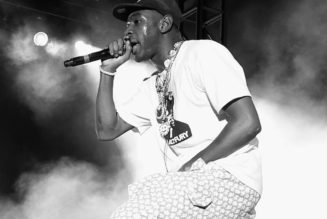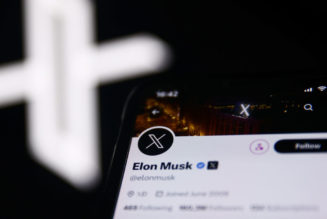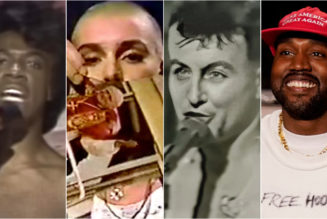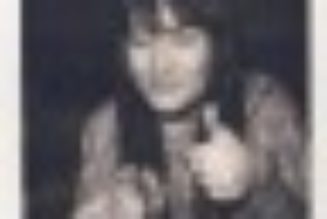While women in America still have a long way to go in our fight for true equality, our nation is no stranger to feminist movements. For centuries, American women have banded together to fight for their rights. And many of those fights have taken place against the backdrop of some groundbreaking music.
Women’s Suffrage Movement
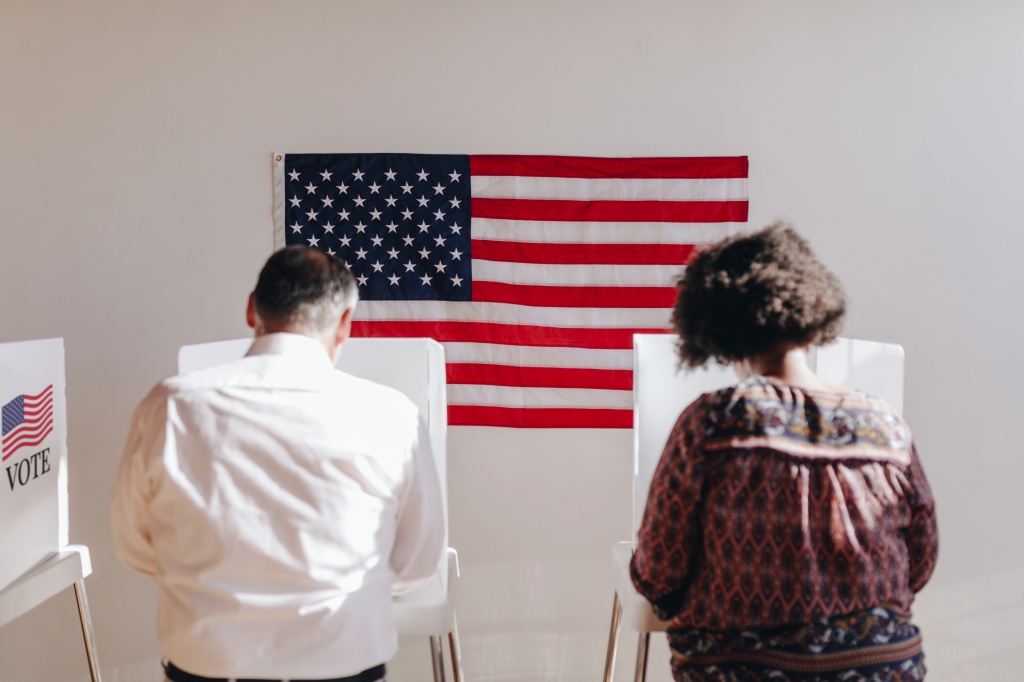
You may remember learning about the women’s suffrage movement in history class. This was the decades-long battle for women to earn the right to vote, ultimately resulting in the ratification of the 19th Amendment to the Constitution.
What you might not have learned in history class is the role music played in this movement. First and foremost, according to the Library of Congress, “suffragists consistently unified, rallied, and asserted their unbreakable spirit in song.” So, what sorts of songs would bring these historical figures together? Well, per the Library of Congress, the suffragists would write their own lyrics set to the tune of the popular songs of their time, “often patriotic ones such as ‘Yankee Doodle,’ ‘America,’ and others.”
But songs did more than lift their spirits; they even, at times, aided the suffragists in getting their message across. According to the Library of Congress, a June 1911 article published by The New York Times described a moment when suffragists held a public rally in Los Angeles and, when told by police that they could not make speeches about “votes for women,” they circumvented the law by singing their speeches.
Women’s Liberation Movement
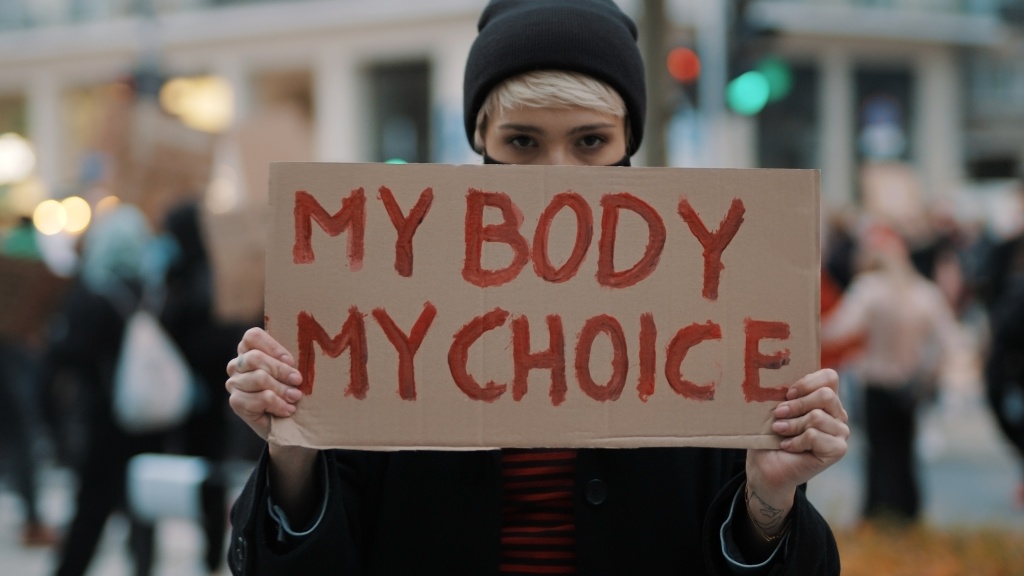
The women’s liberation movement was aimed at granting women the same social protection and capital in society as men. Some notable wins of this movement were the passage of the Title IX law, which, per Time, “forbade sex discrimination in any educational program that received federal financial assistance.” It was also a significant driving force behind securing American women their reproductive rights — most significantly, the (recently overturned) 1973 Roe v. Wade decision, which legalized abortion across the country.
According to Smithsonian Magazine, music was a bonding force for women as they fought for their rights during this time. “During the second wave of feminism in the United States, women’s music albums and concerts invited thousands and thousands to find validation in their identity as women and as lesbians, and to experience being the majority for a night: not in a smoke-filled, testosterone-filled bar, but in a music hall with some of the finest songwriters in the land onstage.”
Black Feminism
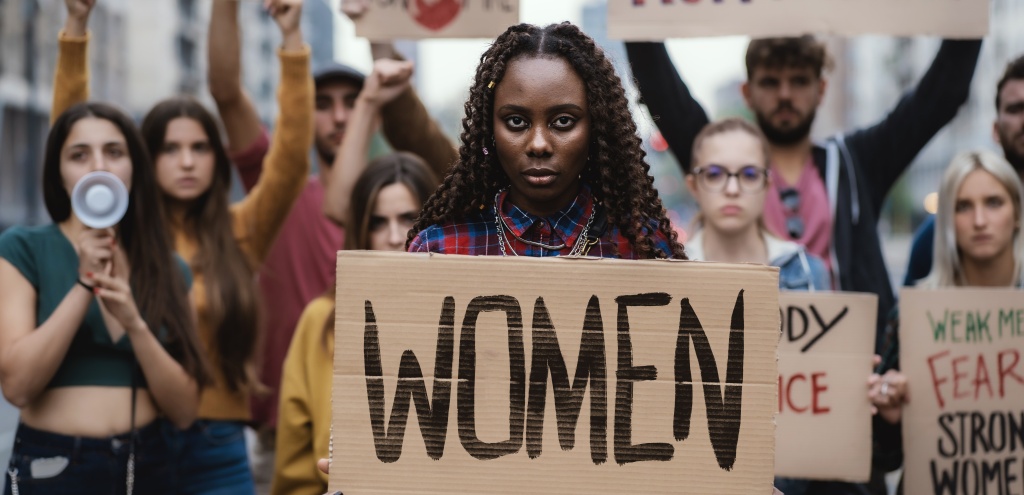
Sadly, America’s mainstream feminist movements have been primarily focused on securing the rights of white women. And so, Black feminism grew in parallel, centering the rights and experiences of Black women.
Historically, one of the ways Black women have shared their lived experiences has been through music. In the 1920s and 1930s, Black women artists and bands dominated the blues scene. As time went on, Black women cemented themselves in American music history by singing their hearts out in almost every genre, from hip-hop to rock & roll to pop. Through song, Black feminists have been able to share their messages and stories not just with their peers but with society at large.
Riot Grrrl
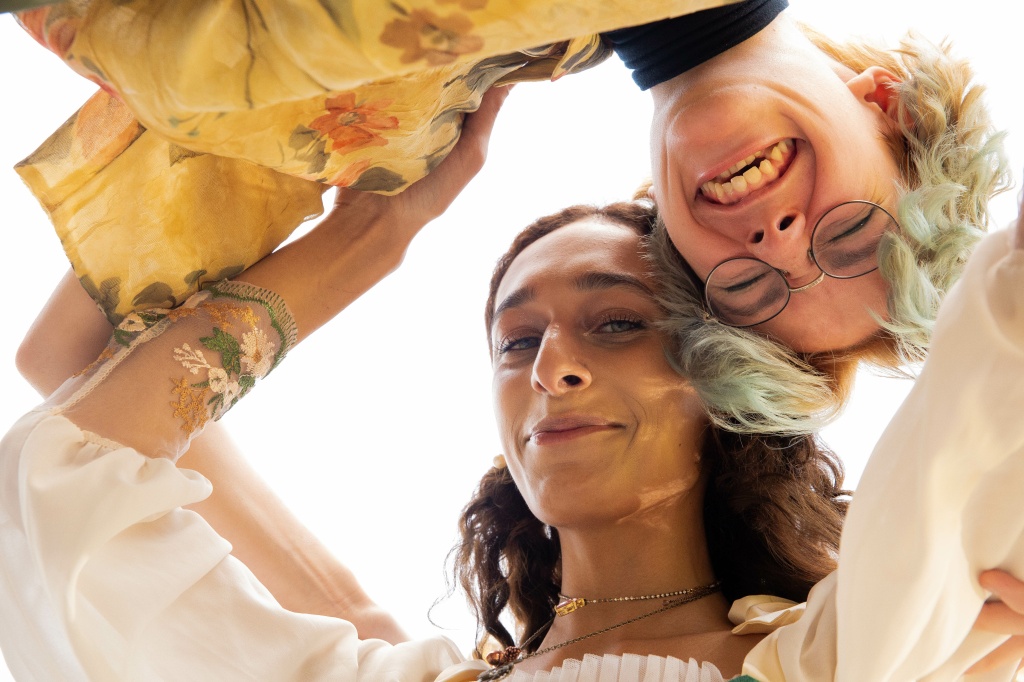
How could this possibly be a list detailing feminism and music without mentioning the third-wave feminist punk movement, riot grrrl? “Riot grrrl is because we girls want to create mediums that speak to us,” wrote a 1991 punk zine. “Because every time we pick up a pen, or an instrument, or get anything done, we are creating the revolution. We are the revolution.”
Born in the Pacific Northwest, the riot grrrl movement “blasted feminism into the future,” according to The New York Times in a 2019 remembrance of the era. “Centering the needs of a new generation via direct-action strategies, witty mantras and slogans such as ‘girl power’ and ‘support girl love,’ it became one of the most visible branches of what was dubbed third wave feminism.”
The riot grrrl message was largely spread via music. The New York Times continues to describe how, if not creating it themselves, women across the country absorbed the messages of many women-led punk bands by listening to their iconically gritty cassette recordings or jamming alongside them in person at shows organized by local riot grrrl chapters.
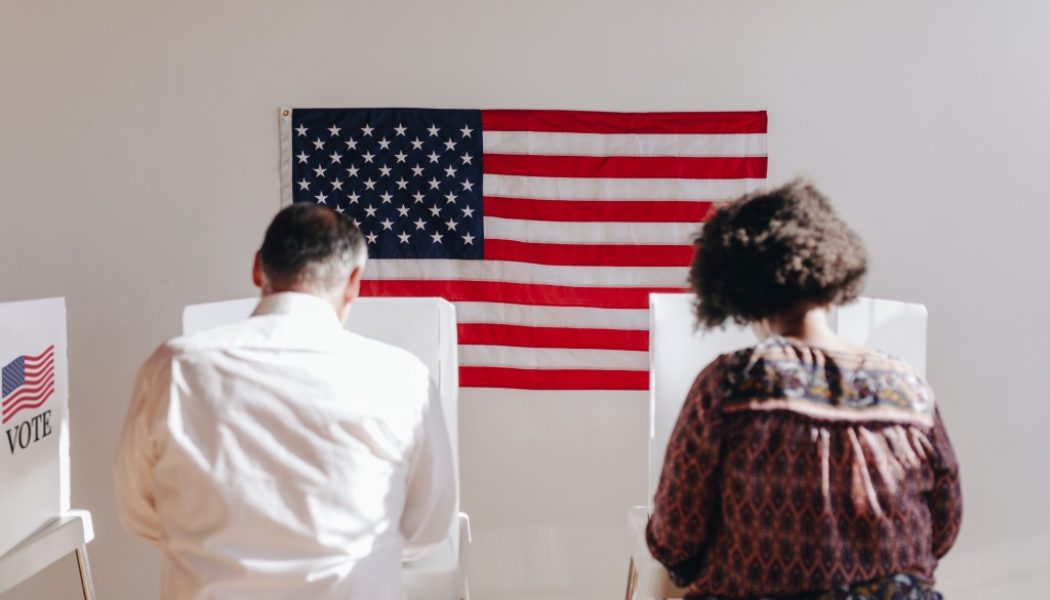

![Davido – Ekuro [Throwback Hit Song]](https://www.wazupnaija.com/wp-content/uploads/2021/09/davido-ekuro-throwback-hit-song-327x219.jpg)

